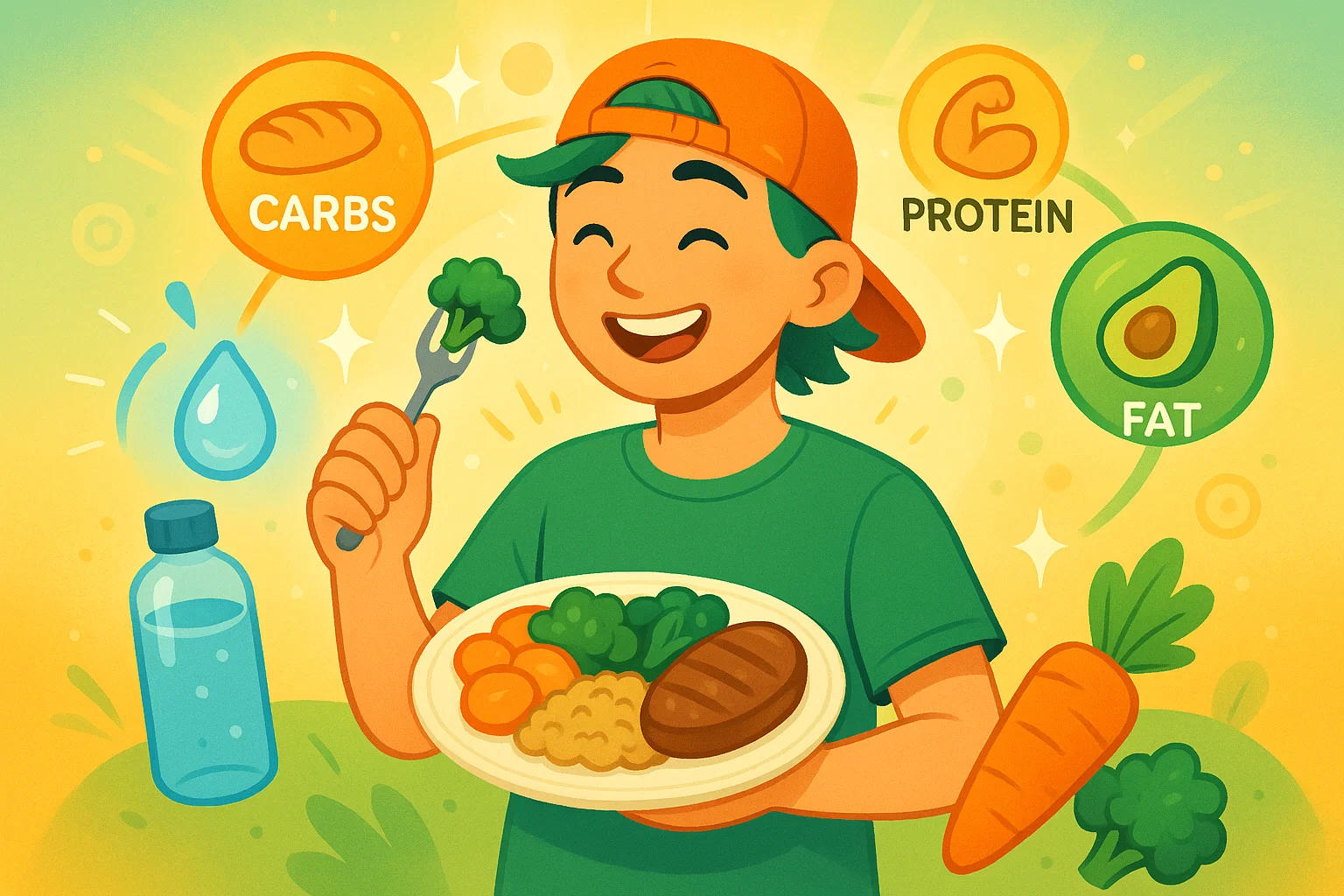Health is not a destination—it’s the compass guiding your daily choices, from what you eat to how you move and rest. Whether you're aiming to boost energy, manage weight, prep for pregnancy, or simply feel better in your own skin, health is the foundation. And the good news? You don’t need to be a doctor or fitness guru to take control—you just need the right tools, clear answers, and a little self-awareness. That’s where we come in.
What Being Healthy Really Means (and Doesn’t)
Let’s be honest—being healthy doesn’t mean six-pack abs, cutting carbs, or waking up at 5 a.m. to run. For most of us, it’s more personal and far less intense. It’s about having energy in the morning, feeling good in your skin, managing stress, and knowing your numbers—without obsessing over them.
Health isn’t one-size-fits-all. Your age, lifestyle, genetics, and goals all shape what “healthy” looks like for you. For some, it’s about lowering body fat. For others, it’s building muscle, sleeping better, or recovering after having a baby. And that’s totally valid.
The key is finding your own version of healthy—and using simple tools to track your progress. A BMI Calculator gives you a general idea of where you stand. The Body Fat Calculator offers insight into what your weight is made of. And if you're curious about energy needs, the BMR Calculator shows how many calories your body burns at rest.
The goal isn’t perfection—it’s clarity. Because when you understand your body better, making healthier choices feels less like a burden and more like self-respect.

Nutrition Isn’t Just About Calories
You’ve probably heard it a hundred times: “Eat less, move more.” But good nutrition goes far beyond just counting calories. It’s about giving your body what it actually needs to function, repair, and thrive—day after day.
So how much should you eat?
That depends on your age, weight, activity level, and even your stress or sleep patterns. A construction worker needs more fuel than someone with a desk job. And a 1,200-calorie diet? It might work for a petite, sedentary person—but it could leave someone else exhausted and hungry. That’s why tools like the Calorie Calculator or BMR Calculator are helpful starting points, not rules.
Understanding macronutrients makes a huge difference:
-
Carbs give you energy (especially for your brain and muscles)
-
Protein repairs tissue and builds muscle
-
Fats help absorb nutrients and keep hormones balanced
You don’t need to track every gram, but noticing your plate—like whether you’re getting a mix of veggies, protein, and whole grains—can go a long way.
And let’s not forget hydration, the simplest yet most overlooked health habit. A good rule? Aim for about 30–35 ml of water per kilogram of body weight each day. (Or use our handy Water Intake Calculator to tailor it to your needs!)

Movement and Fitness
You don’t have to be a gym rat or marathon runner to be fit. Movement is movement—and the best kind is the one you’ll actually stick with. Whether it’s walking your dog, dancing in your kitchen, or doing 20 minutes of yoga before bed, regular physical activity keeps your body (and mind) in sync.
The key isn’t working out harder—it’s moving smarter. Want to boost heart health? Focus on cardio like brisk walking, cycling, or swimming. Looking to build strength or improve your metabolism? Light strength training a few times a week can make a big impact. And don’t forget flexibility and recovery—stretching, deep breathing, and rest days are part of the process too.
If you're not sure where to start, try tracking your activity and listening to your body. Tools like calorie burn calculators, heart rate zone estimators, or even a basic step counter can help you understand what kind of movement supports your goals.
You don’t need perfect form or fancy gear. Just get moving—your future self will thank you.

Life Planning Ahead
Health isn’t static—it shifts with you. As your body changes, so do your needs, whether you’re preparing for a big life event or simply entering a new phase. The more you understand what’s happening inside, the easier it is to stay one step ahead.
For those planning pregnancy or already expecting, it’s especially important to stay aware of how your body is changing. Your nutritional needs, hydration, and weight gain patterns all evolve during pregnancy. That’s where something like the Due Date Calculator or a Trimester Progress Tracker can help you feel more in control—and less anxious about the unknown.
If you’re focused on hydration, especially during hot months, high activity levels, or times of illness, knowing how much water your body truly needs is crucial. A Daily Water Intake Calculator can take your weight and activity into account to give personalized recommendations—not just the generic “8 glasses a day.”
And for those building long-term health habits, tools like a Target Heart Rate Calculator can guide your fitness intensity safely, especially if you're managing heart-related conditions or starting a new workout routine.
When life changes, your health strategy should too—and with the right insights, you’ll always be ready.
Be Curious About Your Health
You don’t have to do everything at once. Start with one insight, one small change. Health isn’t about tracking everything—it’s about knowing yourself better, so your choices feel aligned, not forced. And when you need help figuring it out, your tools are always here—no judgment, just answers.
